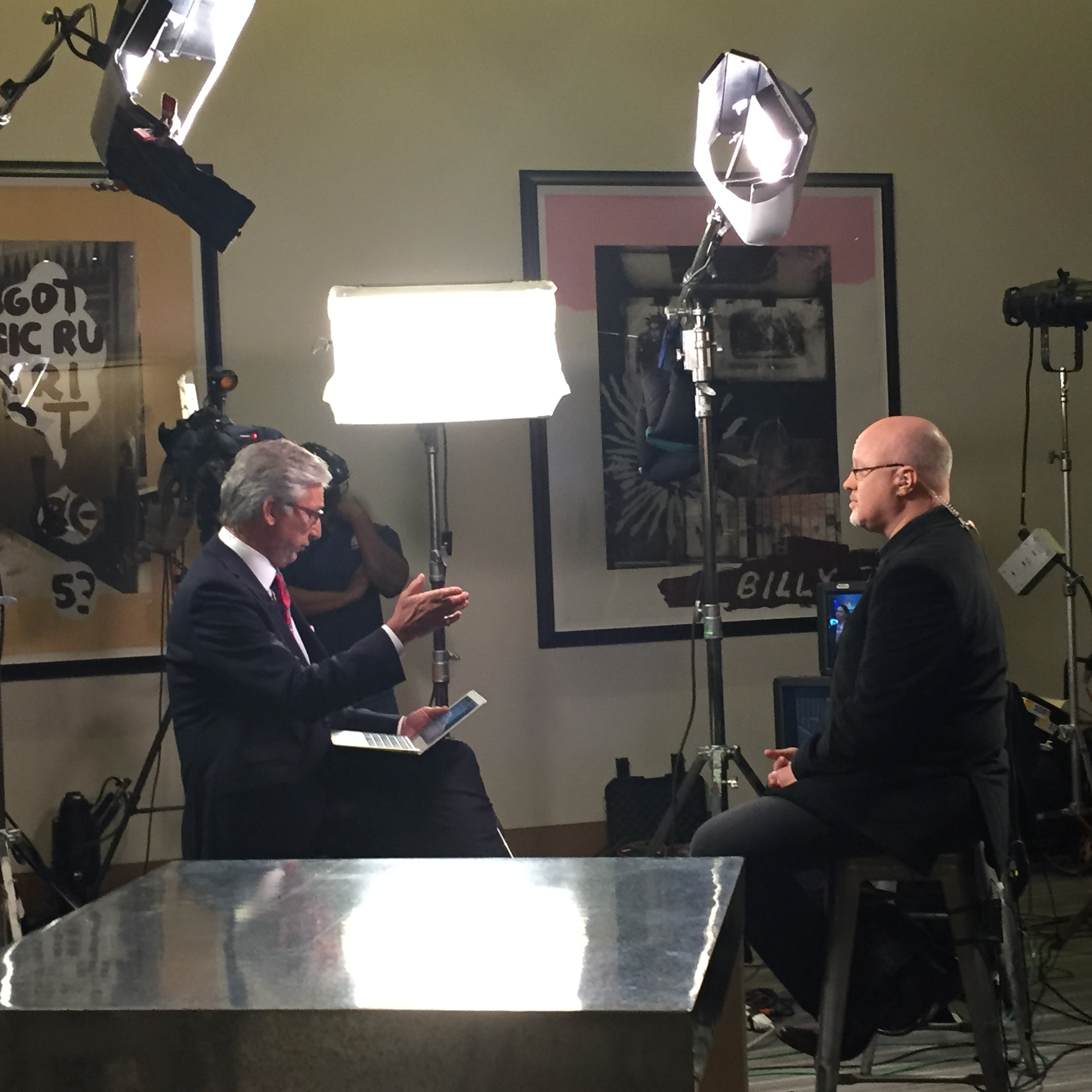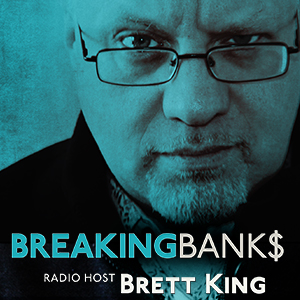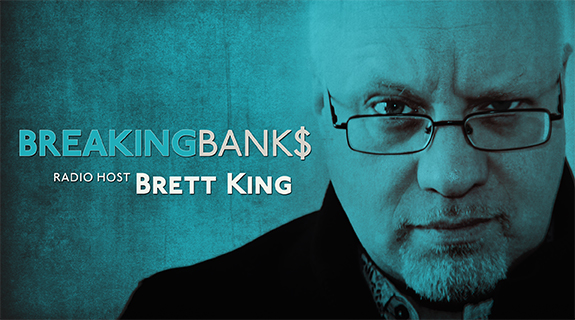CEO Brett King and Moven announce a $12 million series B!
Breaking Banks host and Founder/CEO of digital only neo-bank Moven, Brett King scores a $12...
Read Moreby VoiceAmerica | Oct 20, 2015 | Business | 0 |
Breaking Banks host and Founder/CEO of digital only neo-bank Moven, Brett King scores a $12...
Read Moreby VoiceAmerica | May 29, 2015 | Business | 0 |
Breaking Banks and Finextra continue their series of Women in FinTech with the illustrious Deanna...
Read Moreby VoiceAmerica | May 20, 2015 | Business | 0 |
Co- Produced by Ian Kar at FinTechToday and Breaking Banks: Ripple Labs, the innovative startup...
Read Moreby VoiceAmerica | Apr 17, 2015 | Business | 0 |
Breaking Banks and Finextra continue their series on Women in Fintech, profiling Amy Nauiokas,...
Read Moreby VoiceAmerica | Mar 14, 2015 | Business | 0 |
Breaking Banks and Finextra continue their series on Women in Fintech with a profile of Kitty...
Read Moreby VoiceAmerica | Feb 25, 2015 | Business | 0 |
Breaking Banks Women in Fintech Series continues this week. Â Elizabeth Lumley, Multi-media and...
Read Moreby VoiceAmerica | Feb 4, 2015 | Business | 0 |
If you go to as many conferences as I do in the financial services and technology space (or...
Read Moreby VoiceAmerica | Nov 13, 2014 | Business | 0 |
Automation and robots are replacing real human interaction and Millennials donât care. At least...
Read Moreby VoiceAmerica | Dec 5, 2013 | Business, VoiceAmerica | 0 |
I’ve been a customer of HSBC since 1999, and while that doesn’t account for much these...
Read More





